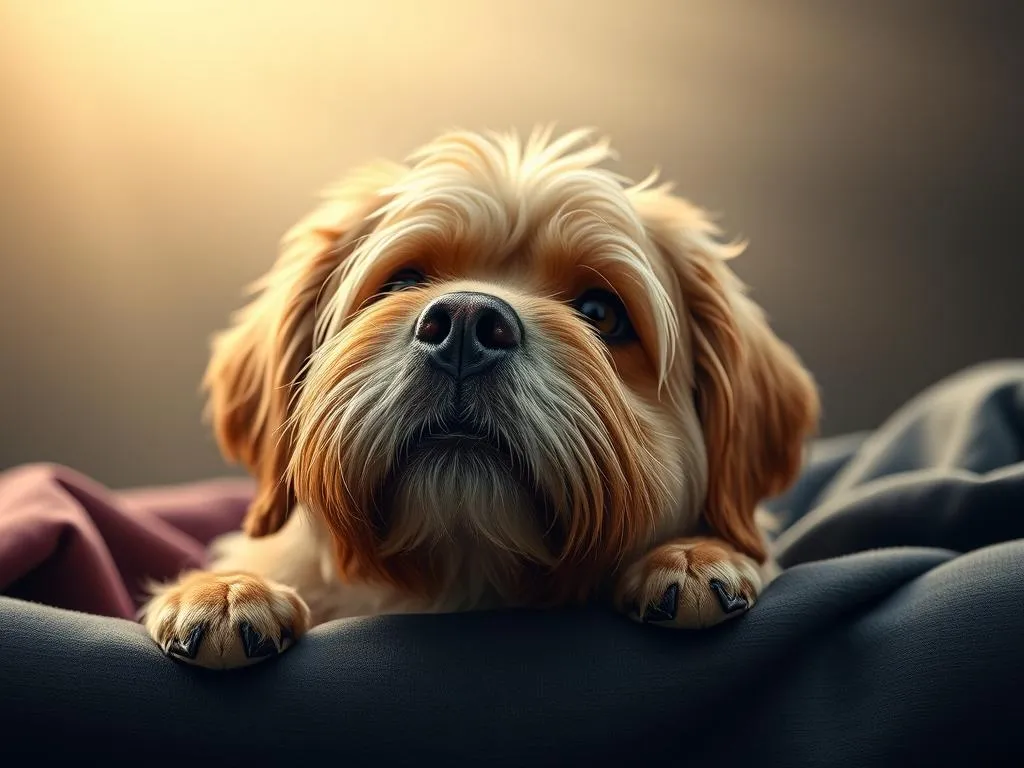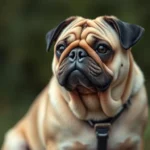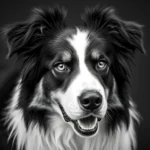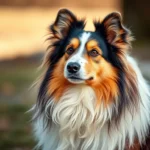
Choosing the right dog breed is one of the most significant decisions a potential dog owner can make. With so many breeds available, understanding their unique traits and characteristics can help ensure a perfect match for your lifestyle. Among the many breeds, the Dunker Dog stands out with its intriguing history and charming personality. This article will delve into the Dunker Dog, its origins, characteristics, and how it compares to other popular breeds.
Understanding Dog Breeds
What is a Dog Breed?
A dog breed is a specific group of domestic dogs with distinct physical and behavioral traits. These traits can include size, coat type, and temperament, which have been shaped over centuries through selective breeding. The historical significance of dog breeds is profound; they have served various roles in human society, from hunting and herding to companionship and protection.
Importance of Dog Breeds
Different breeds serve various purposes, such as working, herding, or serving as family pets. Factors influencing breed selection include lifestyle, living environment, and personal preferences. For example, active individuals may prefer high-energy breeds, while those living in apartments might opt for smaller, less active dogs. Understanding these factors is essential for making a well-informed choice.
The Dunker Dog
Origin and History
The Dunker Dog, also known as the Dunker or the Norwegian Dunker, originated in Norway in the early 1900s. This breed was developed from a combination of various hound breeds, including the English Foxhound and the Harrier. The intention behind breeding the Dunker was to create a versatile scent hound adept at hunting hares and other small game. Their name derives from their founder, Captain Wilhelm Dunker, who played a significant role in popularizing the breed in Norway.
Physical Characteristics
Dunker Dogs are medium-sized hounds, typically weighing between 40 to 50 pounds and standing around 18 to 22 inches tall at the shoulder. They possess a slender, athletic build, with a long neck and a slightly arched back. Their coat is short, dense, and often comes in a variety of colors, including black, brown, or a mix of these with white markings. One distinctive feature of Dunkers is their long ears, which hang close to their cheeks, giving them a gentle expression.
Temperament and Behavior
The temperament of Dunker Dogs is generally friendly and affectionate. They are known for their social nature, making them great companions for families, children, and even other pets. Dunkers are intelligent and eager to please, which can make training relatively straightforward. However, they can also exhibit a stubborn streak, requiring consistent and patient training methods. Their playful demeanor makes them excellent playmates, but they do need regular exercise to channel their energy positively.
Health Considerations
Like all breeds, Dunker Dogs are prone to certain health issues. Some common conditions include hip dysplasia, ear infections, and obesity, especially if not properly exercised. The average lifespan of a Dunker Dog ranges from 12 to 14 years. Preventative care, including regular vet check-ups, a balanced diet, and proper exercise, can help ensure a long and healthy life for your Dunker.
Training and Socialization
Training and socialization are crucial for Dunker Dogs. They respond well to positive reinforcement techniques, so using treats and praise during training sessions can yield great results. Early socialization is also essential, as it helps them develop into well-rounded adults. Exposing Dunkers to various environments, people, and other animals can help reduce any potential anxiety or behavioral issues later in life.
Popular Dog Breeds
Brief Overview of Other Breeds
While Dunker Dogs are unique, many other popular dog breeds capture the hearts of dog lovers. Here are brief introductions to a few:
-
Labrador Retriever: Known for their friendly disposition and intelligence, Labradors are versatile family dogs that excel in various roles, including service and therapy work.
-
German Shepherd: Renowned for their loyalty and high intelligence, German Shepherds are often employed as working dogs in police and military roles.
-
Beagle: Beagles are small hounds with an excellent sense of smell, making them great hunting companions. They are friendly, curious, and good with children.
Comparing Dunker Dog to Other Breeds
When comparing Dunker Dogs to other breeds, several similarities and differences arise. Dunkers and Beagles share a hunting background and playful demeanor, but Dunkers are typically larger and less common. Unlike Labrador Retrievers, which are more prominent in family settings, Dunkers remain somewhat under the radar, making them a unique choice for those seeking something different.
What makes Dunker Dogs unique compared to more common breeds is their distinct combination of appearance and personality. While many breeds are bred for specific functions, Dunkers embody versatility, making them suitable for various activities, from hunting to family companionship.
Choosing the Right Dog Breed for You
Factors to Consider
Choosing the right dog breed involves several considerations. First, evaluate your lifestyle: Are you active or more sedentary? Do you have ample space for a larger dog, or are you confined to a small apartment? Additionally, consider any allergies you or your family members may have, as certain breeds require more grooming and may not be hypoallergenic.
Evaluating Breeds
Researching and evaluating different dog breeds is crucial. Look for breed-specific information, including temperament, exercise needs, and health considerations. It’s also beneficial to meet dogs in person to gauge their personalities and determine which breed resonates with you.
Responsible Breeding and Adoption
When deciding to bring a dog into your home, consider adopting from shelters or purchasing from reputable breeders. Responsible breeders prioritize the health and well-being of their dogs, ensuring they are well-socialized and free from genetic health issues. Identifying ethical breeding practices can make a significant difference in your dog’s health and temperament.
Conclusion
Understanding dog breeds is vital in making an informed decision about which dog will best fit your lifestyle. The Dunker Dog is a charming breed with a rich history, unique characteristics, and a loving temperament that makes it an excellent companion for families and individuals alike. As you explore your options, remember to consider your lifestyle, preferences, and the specific needs of different breeds. The right dog can bring immeasurable joy and companionship into your life.
Community and Support Groups
Engaging with dog clubs, forums, and social media groups can provide valuable support for all dog owners. These communities often share tips, advice, and experiences, creating a network of support for those navigating the joys and challenges of dog ownership. Whether you’re a seasoned owner or considering your first dog, connecting with fellow enthusiasts can enhance your journey.
In conclusion, whether you’re drawn to the Dunker Dog for its unique qualities or another breed entirely, taking the time to understand the intricacies of dog breeds can significantly enhance your experience as a dog owner. Each breed brings its own flair and charm, waiting for the right home to love and cherish them.









